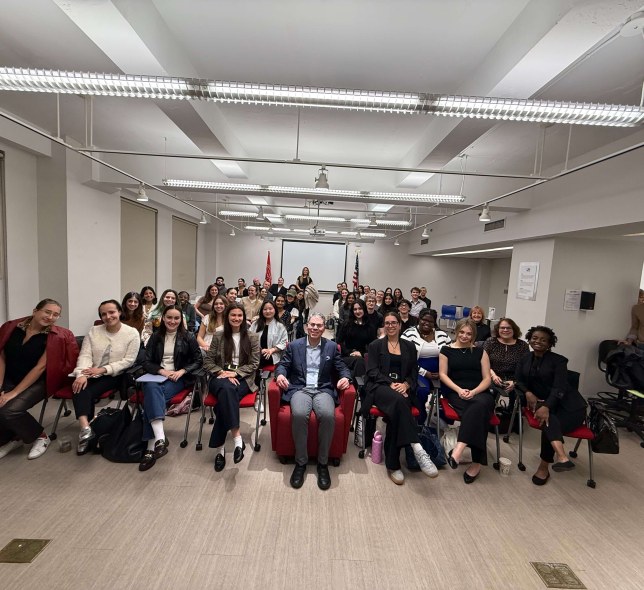On March 6, LIM’s “NXT In Retail” series continued with a discussion on the future of resale and upcycling clothes in retail with fashion professionals from Poshmark, The Real Real, and Urban Outfitters. Students who attended the virtual event were given the chance to ask questions about the next phase in fashion sustainability.
Upcycling in fashion and retail is the act of using old garments and revitalizing them into new pieces of clothing. ThredUp has said this could represent $82 billion of the U.S. $4.5 trillion retail business, so panelists were asked what the drive behind upcycling in retail is, and what the retail business will look like if it hit the $82 billion projection.
Panelists included Adrienne Hardy, Regional Director – West Coast for The RealReal and Lillian Cheng, Head of Enterprise Revenue and Partner Success at Poshmark. The panel was moderated by LIM College Fashion Industry Advisory Board member Julie Verdugo, who is Director of Sustainability and Social Impact for Urban Outfitters and Free People, and Lola Gerstner, a senior Fashion Merchandising major and co-student ambassador for the NRF Student Association Club.
Two poll questions were also asked during the panel: how many attendees buy reused clothes and how many sell reused clothes? About 90% of participants buy repurposed clothes, while over 50% sell recycled clothes, showing that most people get into resale first through buying.
“What draws us all to retail in the first place is that incredible customer experience and that beautiful product. Resale used to just be the product and not the experience, but Poshmark and RealReal have brought it there,” Verdugo said. She continued with how incredible the RealReal store in Manhattan is, saying “It feels like you’re going into a luxury store. It shatters your opinion of what resale is.”
“The stigma associated with resale has gone away with the last generation,” said Cheng. She noted how many new elements, like brands becoming more aware of the market, along with the popularization of thrifting and resale on social media platforms like TikTok have been the driving force for the upcycling retail market.
“All of those things culturally are pushing us into an area where it is cool to shop retail,” Cheng observed.
“For those of you looking for new jobs and careers, we want to see the passion to be part of something sustainable,” Hardy said. She continued by saying that the people taking interest in this area will be the entrepreneurs to start new sustainable fashion companies and will eventually get everyone else on board.



